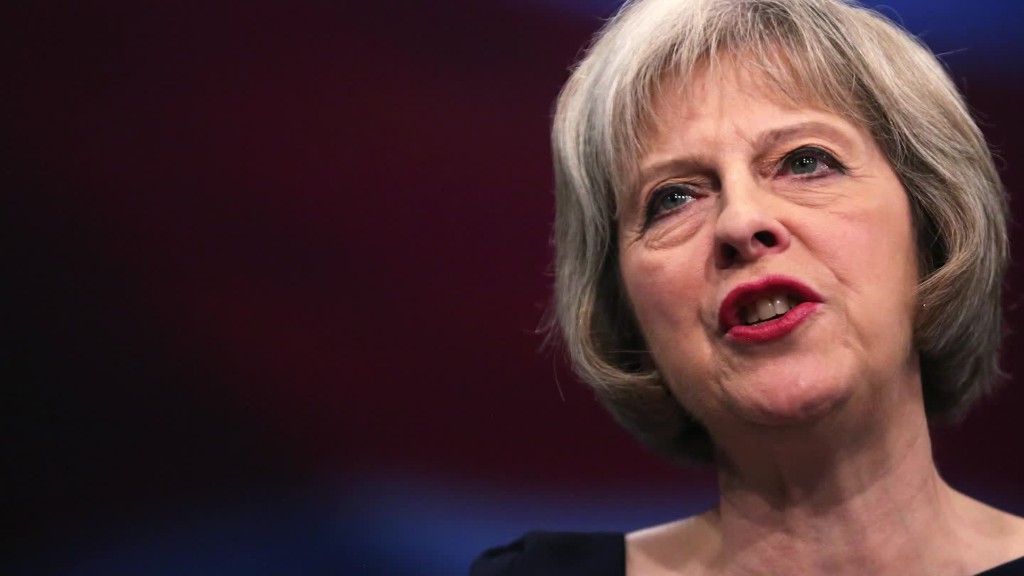
The British government is preparing for an uncertain economic future.
Treasury chief Philip Hammond outlined plans Wednesday to raise taxes and reduce government borrowing to help cushion against shocks that may result from Britain's separation from the European Union.
Hammond said the budget "strikes the right balance between reducing our deficit, preserving fiscal flexibility and investing in Britain's future."
The moves are designed to give the government "headroom" to borrow billions in emergency money in case Brexit causes significant economic damage, explained Lucy O'Carroll, chief economist at Aberdeen Asset Management.
The government's position is being helped by stronger than expected economic growth -- and tax revenue -- in the wake of the June referendum. The Office for Budget Responsibility on Wednesday upgraded its growth forecast for 2017 to 2% from 1.4% in November.
Hammond said the budget should give him the flexibility to borrow up to £26 billion ($31.7 billion) in extra funds in the 2020-2021 fiscal year.
Related: Brexit pushes GM to pull the plug on Europe
Prime Minister Theresa May is expected to launch formal talks for the U.K. to leave the EU in the coming weeks. The most likely scenario is that Britain will end up leaving Europe's unified free trading market and be forced to negotiate new terms of trade with the region.
Related: Amazon hiring 5,000 workers in U.K. despite Brexit fears
The prime minister's plans have been frustrated this week by the House of Lords -- the unelected upper house of parliament -- which has voted to attach two amendments to Brexit legislation.
There are also some worrying economic trends to consider. The pound is now trading at $1.22, a decline of 19% from its pre-vote peak.
The weak currency is beginning to push prices higher, hitting consumers in the pocketbook. Consumer retail spending, which had been strong in the wake of the referendum, is now slowing, according to a new report by the British Retail Consortium.
